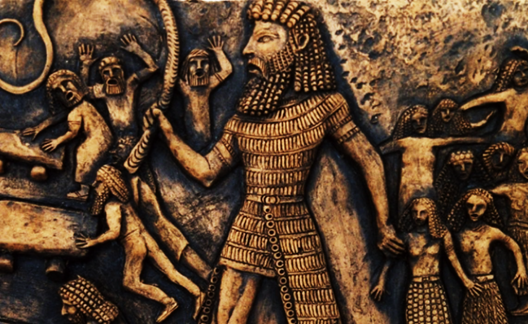We Both Took Mrs. Davis’s English Class
Okay, this is another one of my follow-up articles. Once I get a great idea, it often generates others. In my last posting, I mentioned Henry Wadsworth Longfellow’s O Ship of State. Longfellow wrote about being driven in life. Young children are driven to crawl, walk, and learn. Nevertheless, many become less driven as they grow older and become adults.
This sequel is about Walt Whitman. His life poetically paralleled Henry Wadsworth Longfellow, and they wrote during the same time period. The Civil War was the central event in their lives and affected their poetry.
During the Civil War, Whitman moved to Washington, DC, where he worked in various hospitals caring for wounded soldiers. The polarity of loss and death tied to healing and renewal can be seen in his poetry.
President Lincoln had a profound effect on Whitman. He wrote, "Lincoln gets almost nearer me than anybody else." Both were against slavery. However, the assassination of Lincoln had a profound impact on him. He authored four poems about Lincoln’s death. The most famous is O Captain! My Captain!

This is Whitman’s editing O Captain! My Captain!
That is the backstory. One of my favorite movies is Dead Poets Society. This movie poster hangs in my home.

The movie is about Professor Keating, who teaches English at Welton Academy. Keating and I had the same English teacher, Mrs. Davis. Mrs. Davis made her students pick and recite 100 lines of poetry or prose during both semesters each year. Students would come in before or after school, stand before her, and recite their choices.
This is what Keating’s English class was like.
Keatings warns his class, “Boys, you must strive to find your own voice, and the longer you wait to begin, the less likely you are to find it at all.” Keating wants his students to follow in Whitman’s footsteps. Drive to be the best you can. Essentially, that was Longfellow’s admonition.
Thou, too, sail on, O Ship of State!
Sail on, O Union, strong and great!
Humanity with all its fears,
With all the hopes of future years,
Is hanging breathless on thy fate!
Life isn’t easy. It wasn’t at Welton Academy. Keating was fired for his teaching style.
And yet, amid the maelstrom, a teacher taught his students to think. Keating lost his job, but it was worth it. Many of his students grasped what he was teaching. Keating said, “Boys, you must strive to find your own voice, and the longer you wait to begin, the less likely you are to find it at all.”
Keatings takes his class into the hallway for another lecture.
Remember Keating’s words today. Our time on our journey through life is quite similar to the run-up to the Civil War. Listen to Professor Keating, “Because, you see gentlemen, these boys are now fertilizing daffodils. But if you listen real close, you can hear them whisper their legacy to you. Go on, lean in. Listen, you hear it? - - Carpe - - hear it? - - Carpe, carpe diem, seize the day boys, make your lives extraordinary.
Two interesting asides. Walt Whitman moved to Camden, NJ, before he died. I lived in Pennsauken, NJ, after WWII. Our home was on Whitman Terrace. The photo of me with a large pretzel was taken of me sitting on the front steps of that home.


















